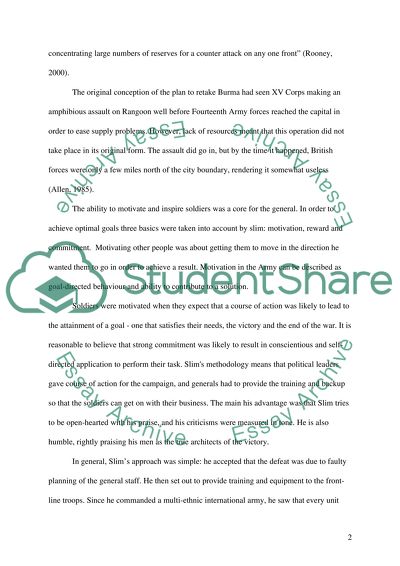Cite this document
(“Burma Campaign (1944) Essay Example | Topics and Well Written Essays - 1500 words”, n.d.)
Retrieved from https://studentshare.org/sociology/1524761-burma-campaign-1944
Retrieved from https://studentshare.org/sociology/1524761-burma-campaign-1944
(Burma Campaign (1944) Essay Example | Topics and Well Written Essays - 1500 Words)
https://studentshare.org/sociology/1524761-burma-campaign-1944.
https://studentshare.org/sociology/1524761-burma-campaign-1944.
“Burma Campaign (1944) Essay Example | Topics and Well Written Essays - 1500 Words”, n.d. https://studentshare.org/sociology/1524761-burma-campaign-1944.


